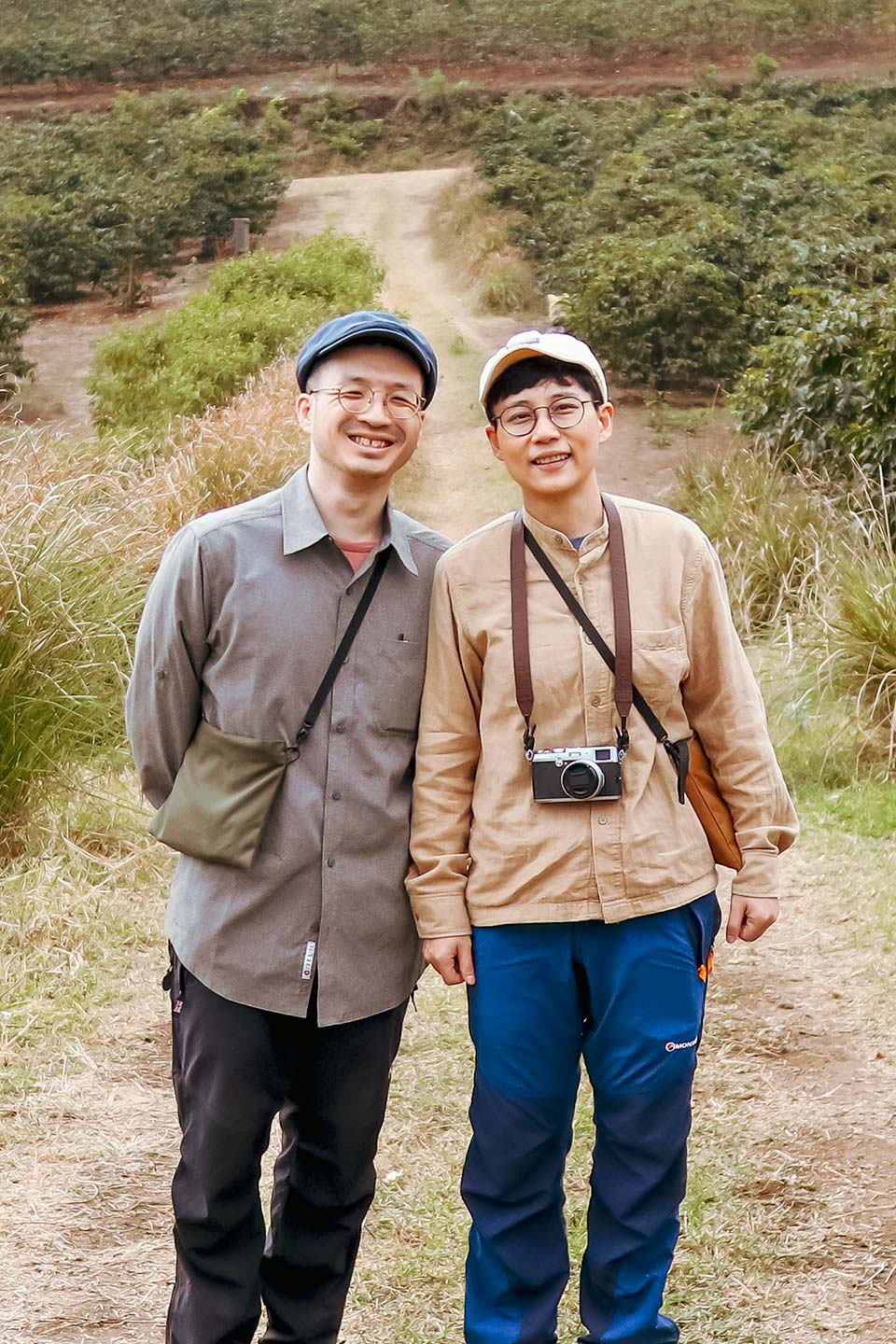
Choosing Coffee by the Person, Not the Bean
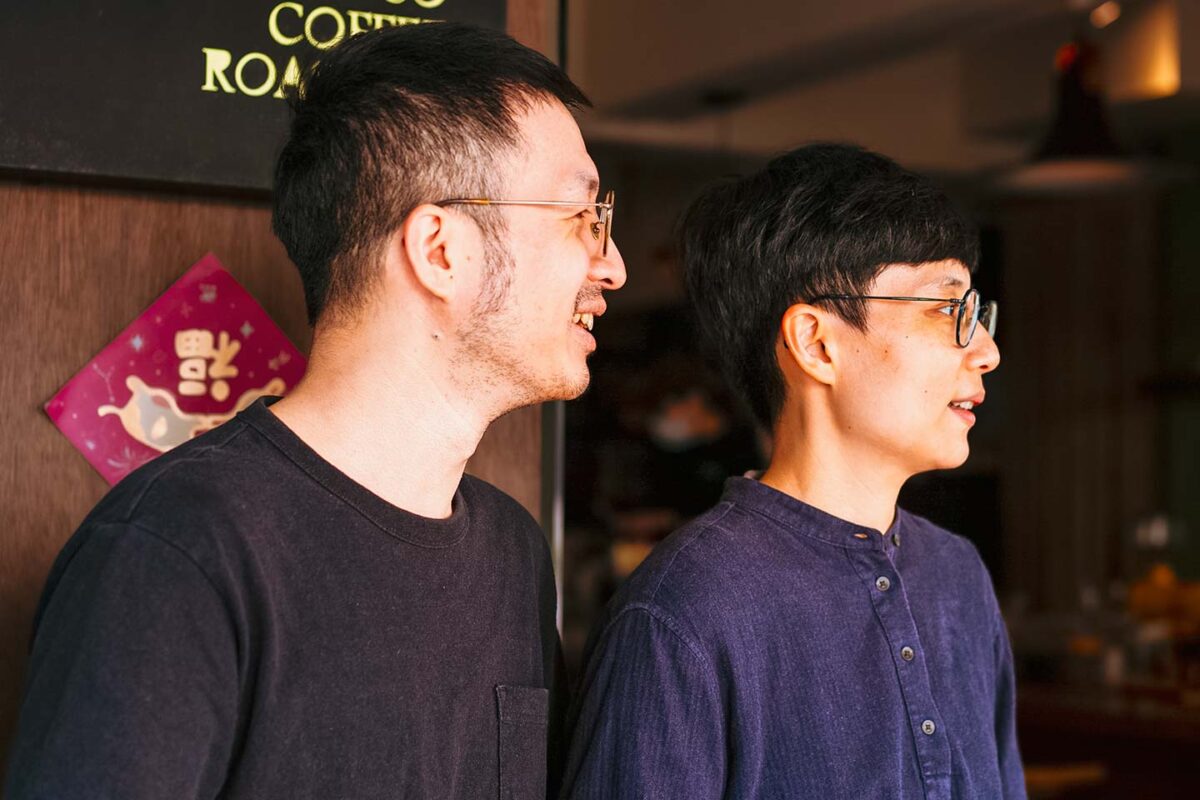
Peloso Coffee Roastery, in Taipei, Taiwan, was founded in 2010, by Kankan and Shí’èr. Partners in life as well as in business, the pair have been in the coffee industry for more than ten years, but this was their first visit to an origin country. What new perspectives and insights did they get from their experiences in Tanzania and Kenya?
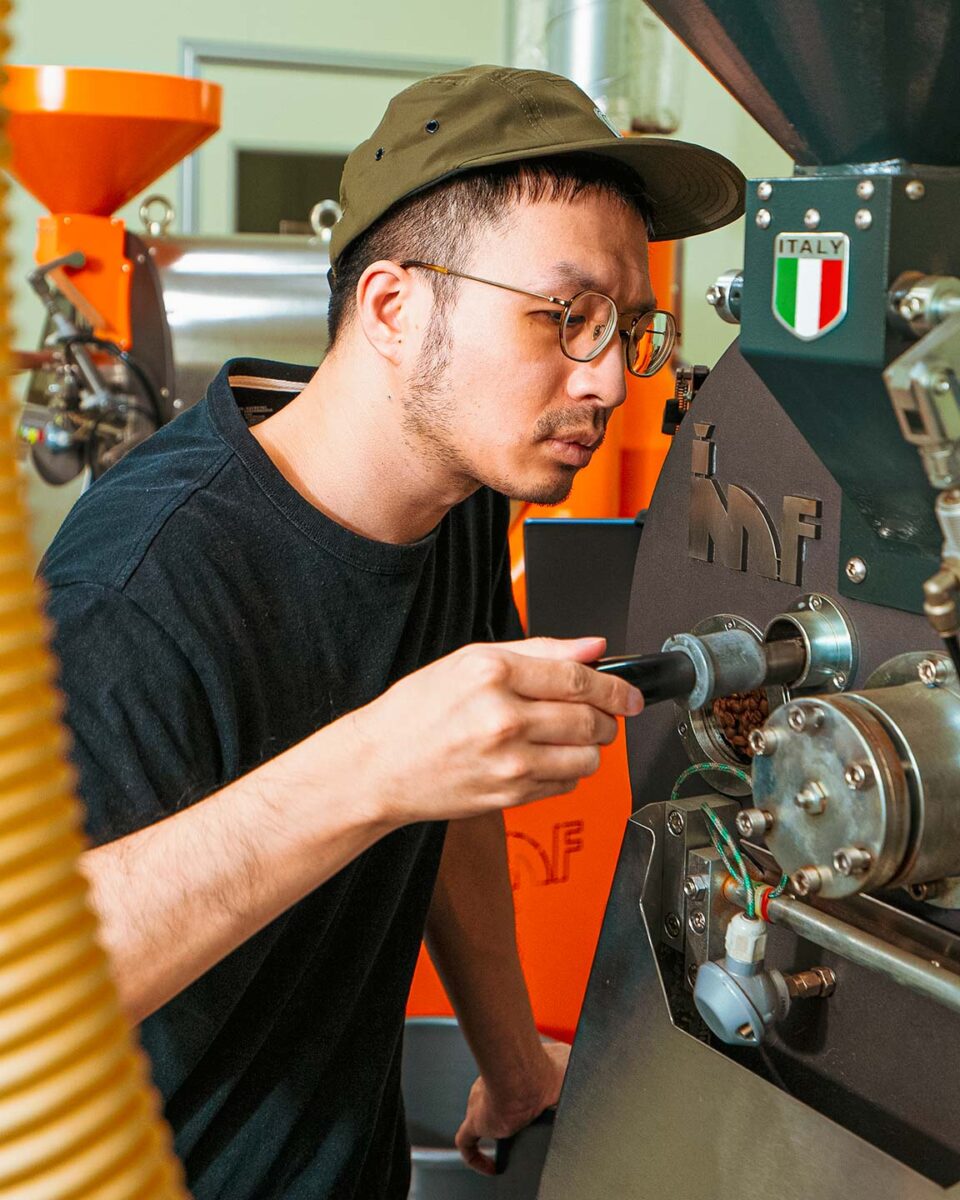
The other role of roasters
Shí’èr: “Before this opportunity with TYPICA Lab, I’d always been too busy with work to visit an origin country. But at the same time, I’ve never felt the need to go either.
There are a couple of reasons for this. For one, trading companies are good at giving us a relatively detailed amount of information on the coffee bean. Another is that, if I was going to go all the way to an origin, I didn’t want to waste it taking cool photos for social media. I wanted to make sure I had a clear purpose and intent. And finally, I’d always felt there was no point in visiting if I wasn’t going to buy any beans.
When you think about it from the perspective of the producer, they have to spend a lot of time getting things ready for us to visit, arranging the cupping, scheduling tours and the like. If we go and don’t buy anything from them, then we’ve both used up our time, money, and energy for nothing. And even if we do buy some beans then (as a small-scale independent roaster) the volume would be fairly insignificant. So I’ve always been hesitant to take that step.”
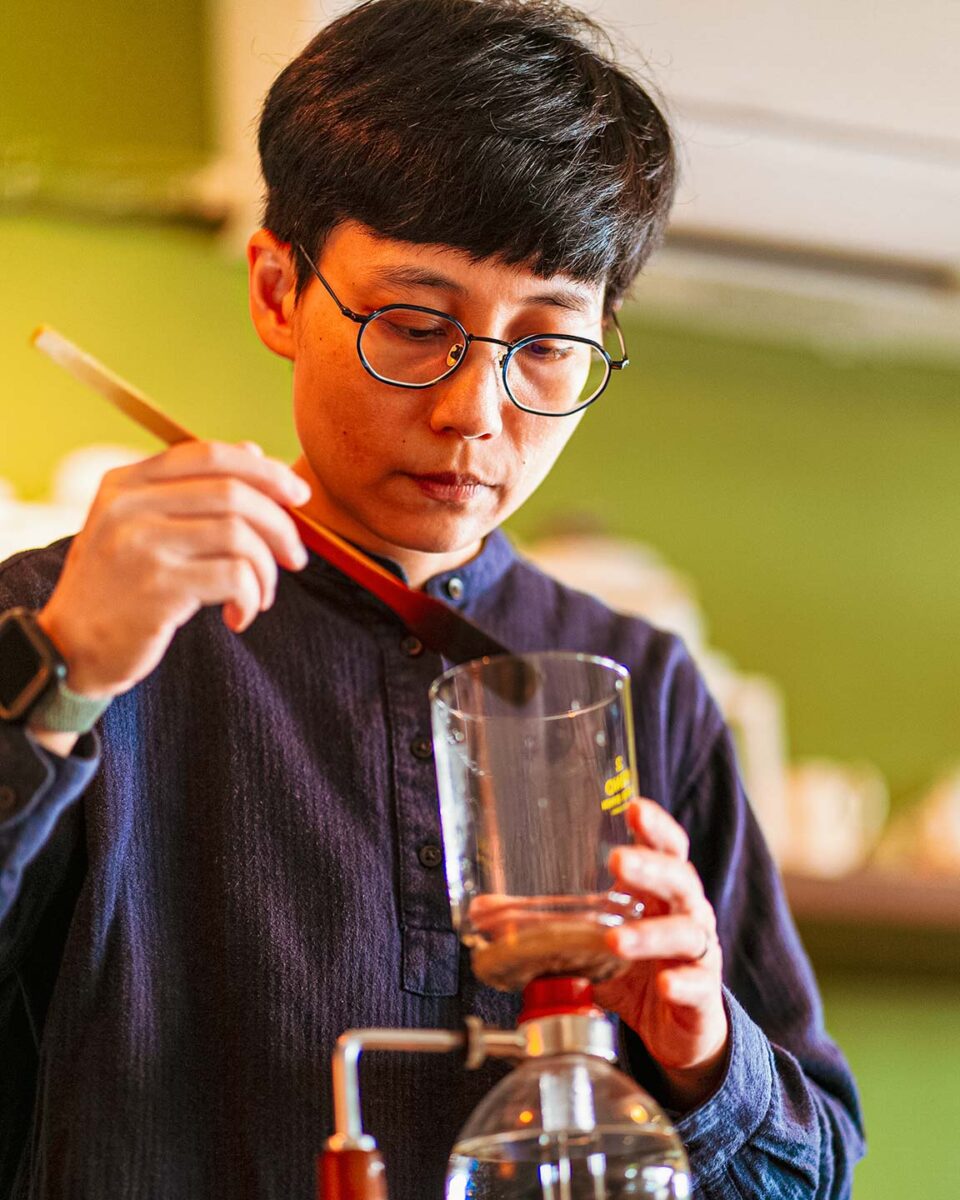
Kankan: “But this visit made us realize that we didn’t need to feel that way. After we got back home and shared photos of our trip on social media, producers all over the world began to reach out to us.
One of them, a producer in Brazil, sent us a sample of their greens and we are now in discussions to buy from them. They invited us to their farm saying, ‘You don’t need to buy anything, just come and have a look at how we do things here.’
For the producers, having roasters and other clients visit the farm is a way to show how committed they are to the produce. We can’t visit every single producer, but it is possible to build a long-lasting relationship over the internet with email and social media.”
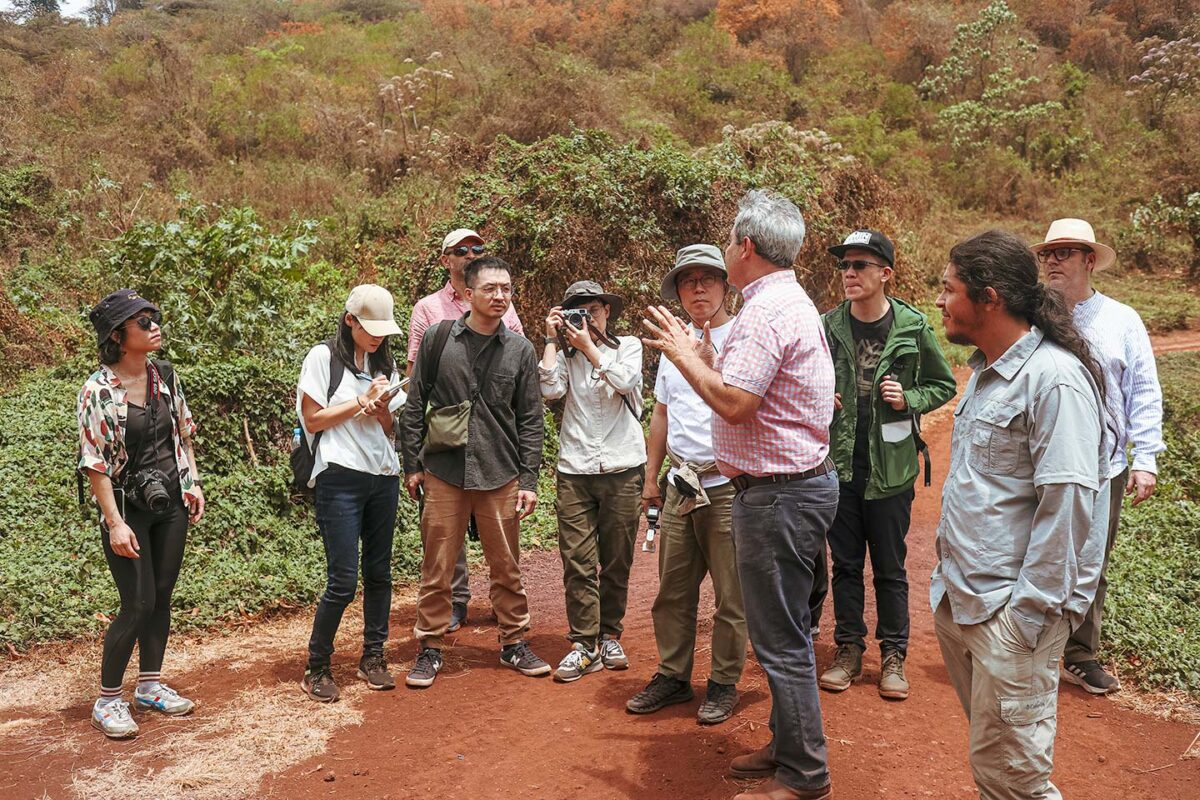
Shí’èr: “This visit made me more aware of the other important role we roasters have. For the producers, the end consumer is a distant figure. And while many are active on social media, it’s still difficult to connect directly with the coffee drinker. But if we visit the origin and share that information, then we can help connect the customer with the producer.”
Kankan: “All the information we had about origin companies we got through third-party experiences like books, websites, or information provided by the trading companies. So when we talk about the beans with our customers, we’re not 100% sure, in the way we would if it were our own first-hand experience. But this time, our beans are from a farm that we actually visited. We can communicate our experience to the customer in a more authentic and honest way, which will hopefully resonate with them.”

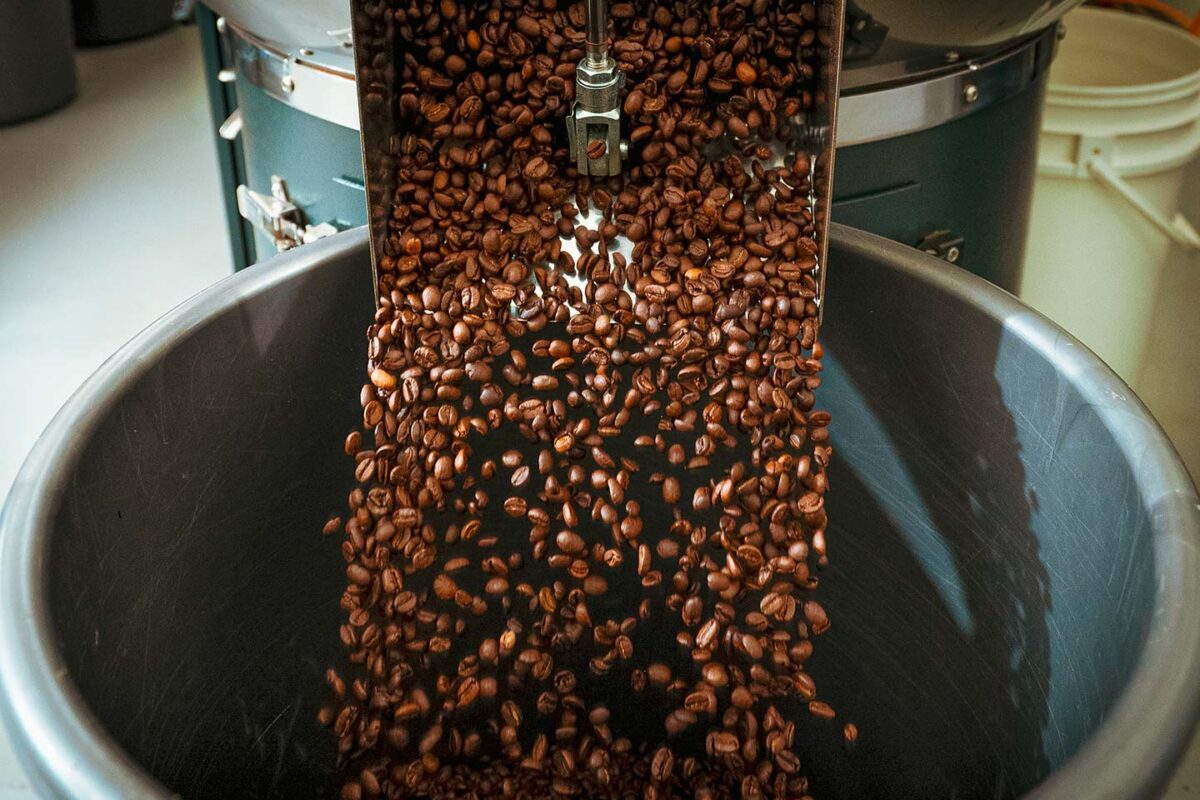
Finding confidence in definition
Shí’èr: “At Peloso, we have both specialty coffee and cheap commercial coffee. But, the truth is, even though we’ve been selling specialty coffee for many years, we didn’t really have a clear definition of what it was, beyond the fact that it had to be certified by the SCA or Q Graders. In Taiwan, specialty coffee ranges from 100 yen to 10,000 yen a cup, and there’s just as much disparity in the quality. I often hear that specialty coffee is coffee made with heart and soul, but that’s a very subjective way to describe a product. I’ve never been convinced by that definition.
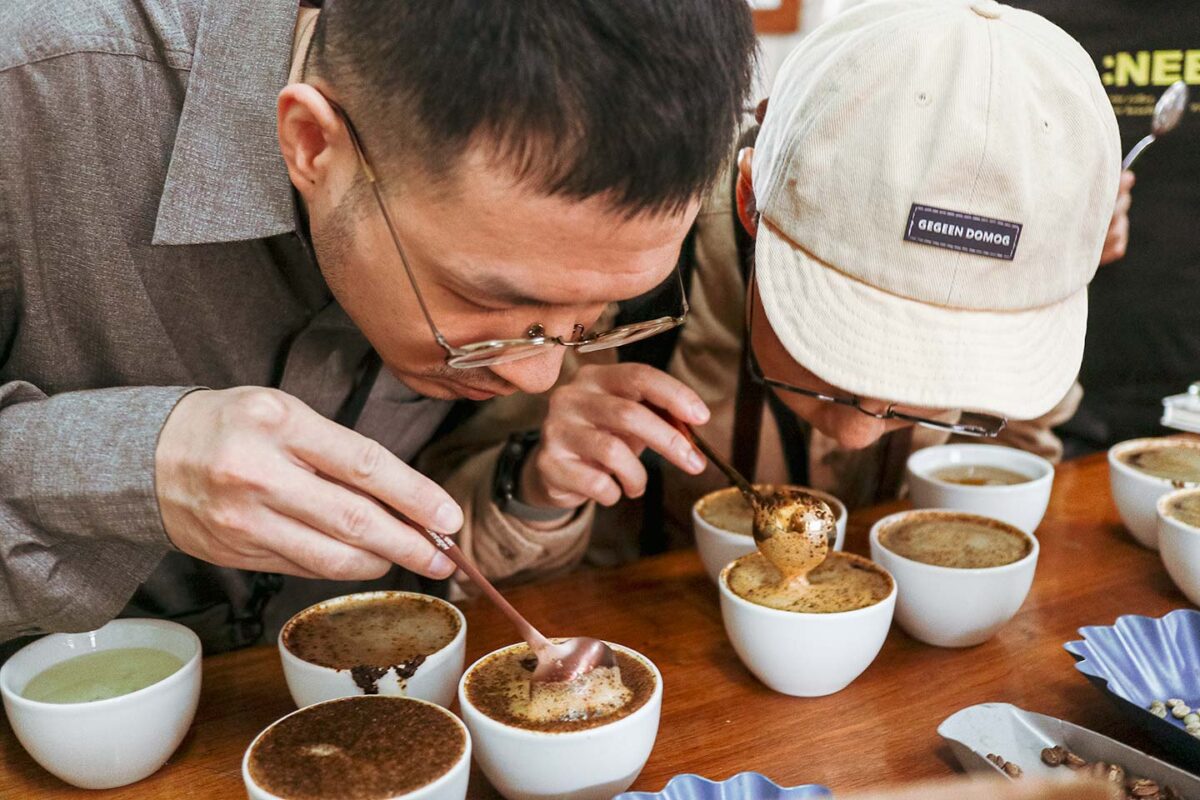
Which is why one of the biggest takeaways from this trip was learning how to define specialty coffee. For me, it’s a bean that is very green, has a rich body and sweetness and a delicate mouthfeel. Visiting the farm and seeing the harvesting and processing methods, taking part in the cupping, all of these gave me more insight into clarifying what specialty coffee is. Or, I guess you could say that this experience showed me that “specialty coffee” is not just a marketing gimmick or a promotional ploy. It’s something real that represents respecting the connection between coffee in a cup and the coffee producer.
After we got back, we set up a meeting with the staff. We wanted to share everything we’d gained from the trip with our team. But even though we’d scheduled a meeting for three hours, it wasn’t nearly enough to tell them all we had learned.
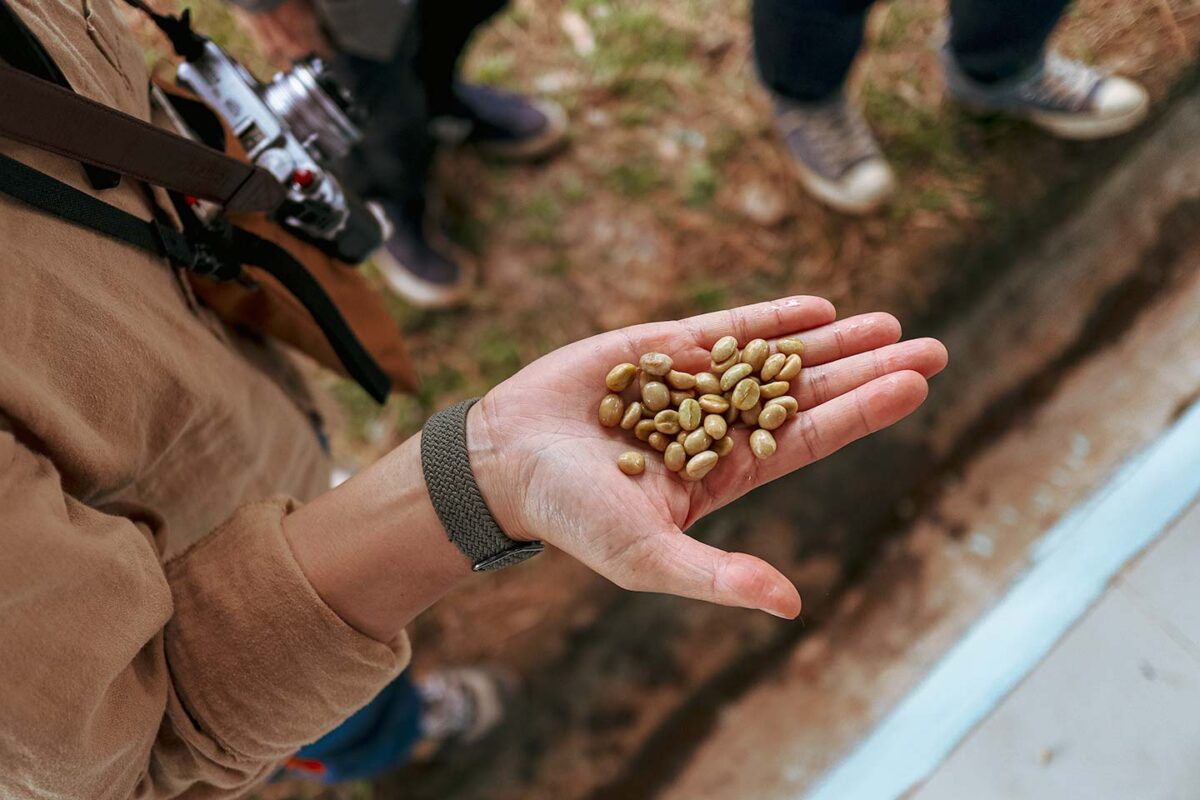
In the meeting, we focused on three main points. First, we shared our new understanding of the definition of specialty coffee. Second, we talked about how we would now choose coffee with a priority on flavor.
Before the trip, we’d purchase coffee based on the processing method. But when we visited the origin we discovered that the criteria for washed, natural, anaerobic, and other processing methods were not clear cut. How these methods were interpreted differed between farms: washed processing at one farm could be very different to washed at another. I realized that it didn’t make sense to purchase based on expectations or stereotypes about a particular processing method.
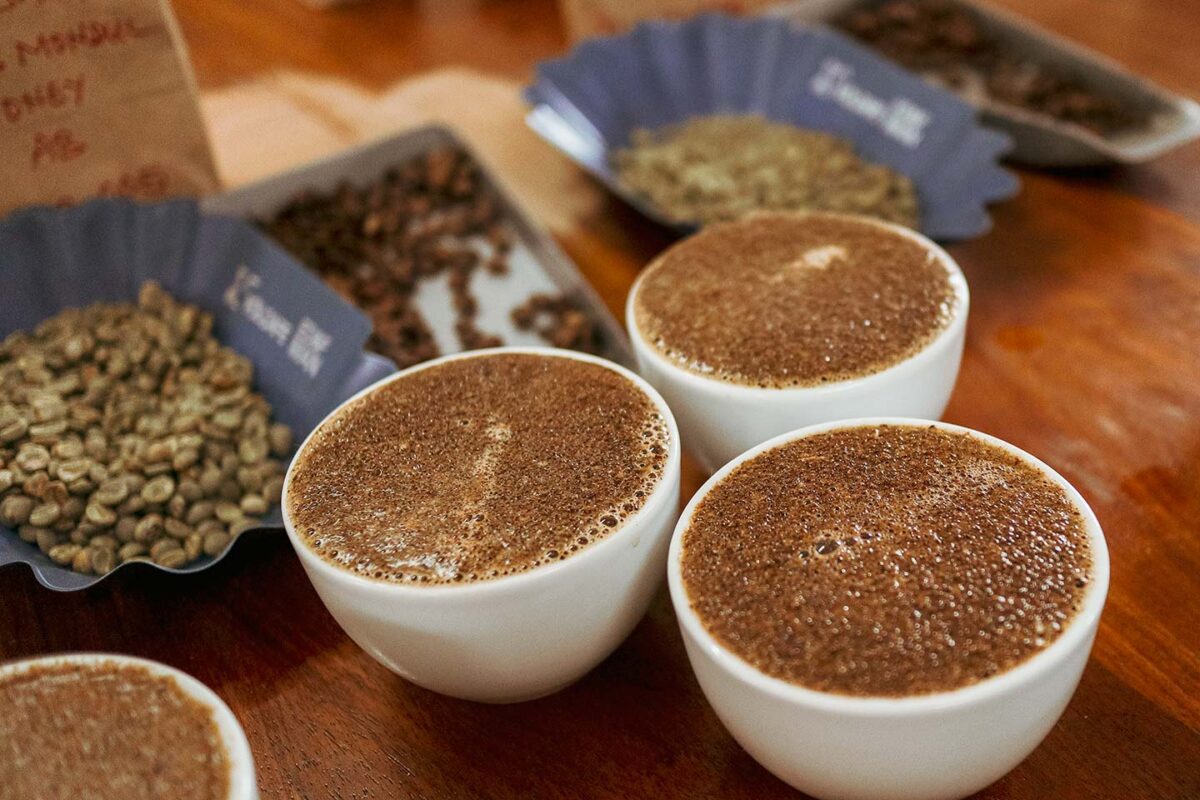
And when it comes to stereotypes, I’d always thought of Tanzanian coffee as a poor man’s Kenyan. But that’s just not true. Tanzanian coffee has a unique flavor and identity which is very different to Kenya. So we decided to update the cafe menu, website, and all the information we share to the customers to reflect this new awareness. And choosing our coffee based on flavor is part of this update. It’s a much more natural way to select coffee.

Kankan: “Leon spent around three to four hours taking us around the farm. He went into detail about the conditions of each area, what variety they were growing, what plans they had for the future. I could sense the depth of his experience and was genuinely impressed by his keen observations and valuable insights.”
Shí’èr: “The Geisha at Leon’s farm was reasonably priced considering the quality, but it’s still too expensive for customers in Taiwan. Tanzanian coffee is not well known in Taiwan, so it’ll take time to be accepted. I’d like to gradually increase the amount we buy every year.
I think for us, the biggest effect of taking part in TYPICA Lab was adding “people” to our buying criteria. If we have a long-term relationship with a producer, it wouldn’t be an issue if the quality of the bean was not the same every year. Because now we think of our purchase not just as a way to get the beans, but also as a way to show our support for the producer, their work ethic, and their process.”

PELOSO COFFEE ROASTERY
- [Open]
- 8:00-17:00